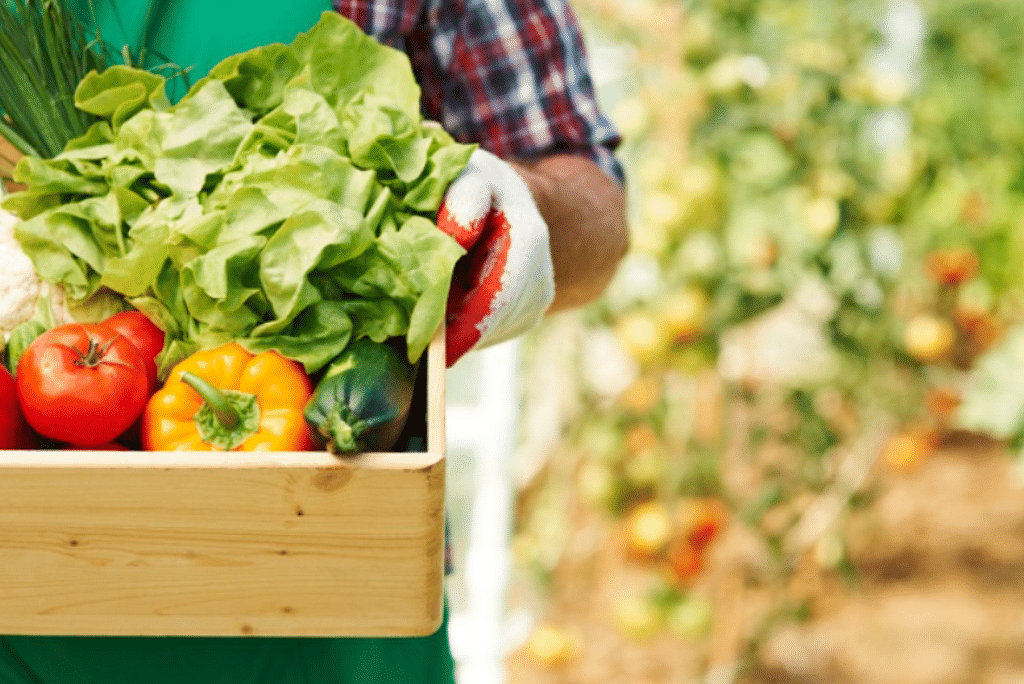
The theme of this year's World Health Day is 'Building a fairer, healthier world'. Among other things that help to attain and maintain health, food remains an important factor. Equitable distribution of food not only nourishes people to become productive members of society but helps to prevent malnutrition. However, it also means that our farming practices are robust enough to meet the demand for food.
According to estimates, about 30-35 percent of the annual crop yield in India is wasted due to pests while in the period 2017-2019, India lost crops on 18 million hectares to extreme floods. Such factors can adversely impact the food security of the people which, according to the National Commission on Population (NCP) under the Ministry of Health and Family Welfare (MoHFW), is expected to grow by 25 percent to 1.52 billion by 2036.
Unless India’s food security goals are met, the incidence of preventable factors of poor health, such as malnutrition that causes 68.2 percent of deaths under the age of 5 in India, may increase. Owing to the pandemic, it is estimated that the number of malnourished, under-weight children in India can increase by more than 4 million. As a billion-plus country with a steady rise in population, attaining food security is important for India. In absence of the right measures, food security can become a constant concern for the policymakers and the people alike. This calls for assessing the current scenario thoroughly as well as drawing a roadmap to ensure just and equitable access to food.

On a question as to Why right use of agrochemical products is critical for Indian agriculture and India’s food security goals, Rajesh Aggrawal, Managing Director, Insecticides India Ltd. said, "Food security remains a critical factor for a healthy nation. The estimate by the National Commission on Population (NCP) shows that India’s population is expected to grow to 1.52 billion by 2036 while experts find that India loses about 30-35% of the annual crop yield to pests -- the locust attack last year has reportedly destroyed nearly 1.7 hectares of farmland in Rajasthan and Gujarat. Such factors can adversely impact the food security of the people. Agrochemicals can play an important role in addressing threats to crops posed by insects, pests, weeds, and fungus, as witnessed during the locust attack that happened soon after the ban on 27 molecules. Agrochemicals also promote the healthy growth of crops through plant growth regulators (PGRs) and soil energisers.
Assessing the current scenario thoroughly as well as drawing a roadmap is important to devise the right measures for food security. Besides, it is important to ensure that judicious use of agrochemical in India improves and farmers are adequately trained to use them for the safety of themselves as well as their crops".














Share your comments